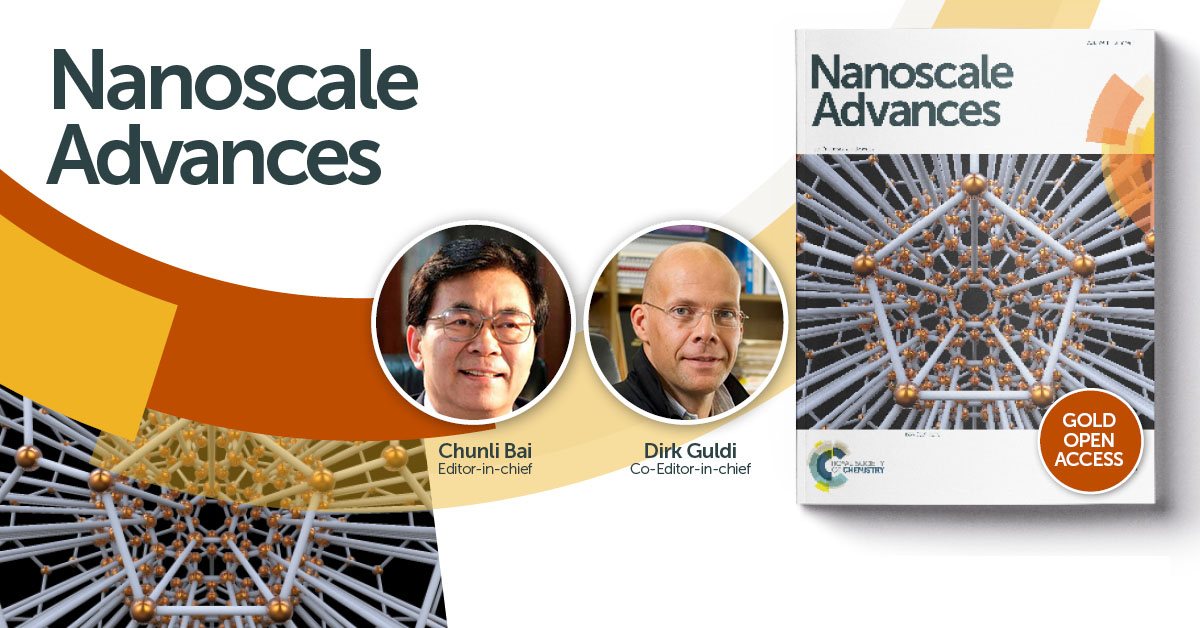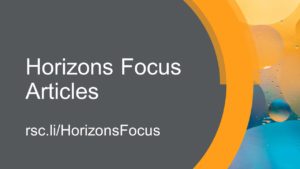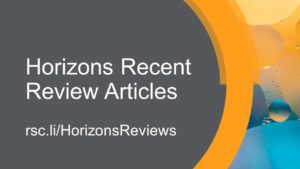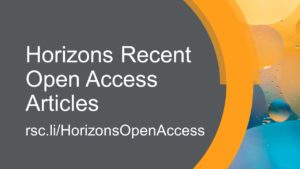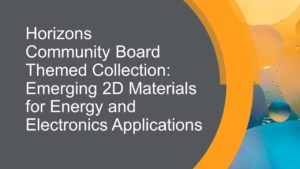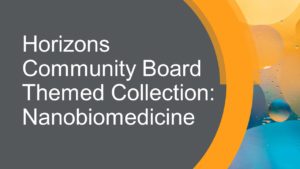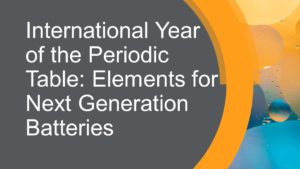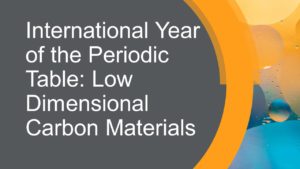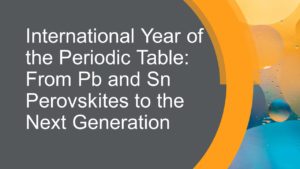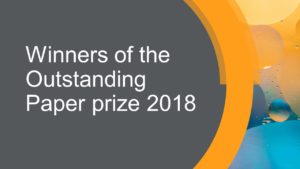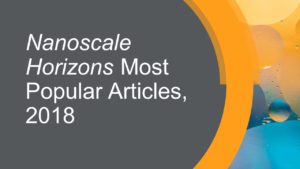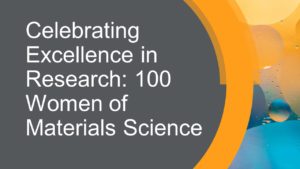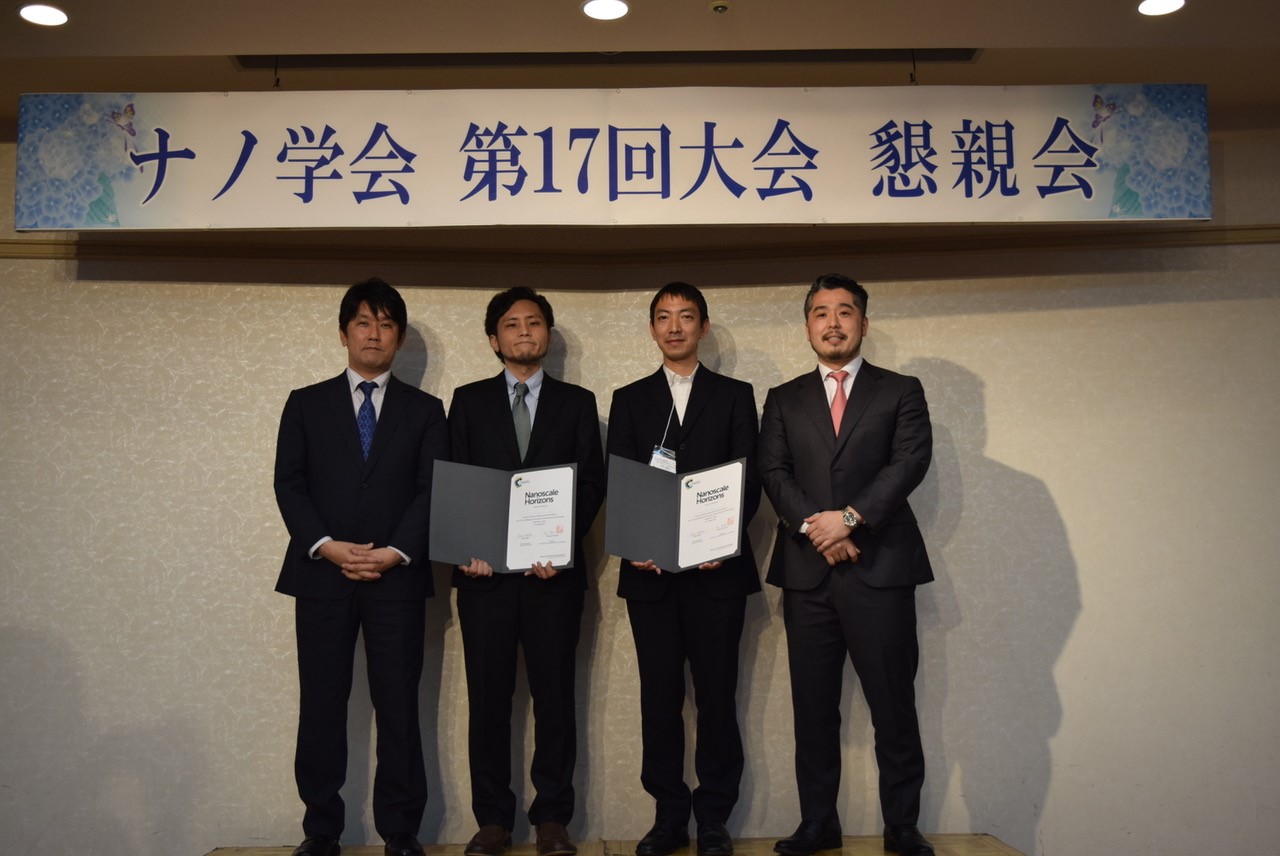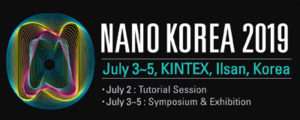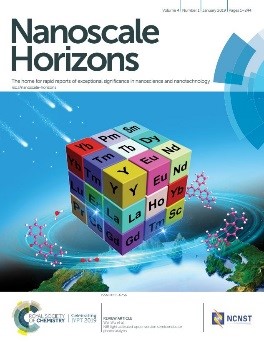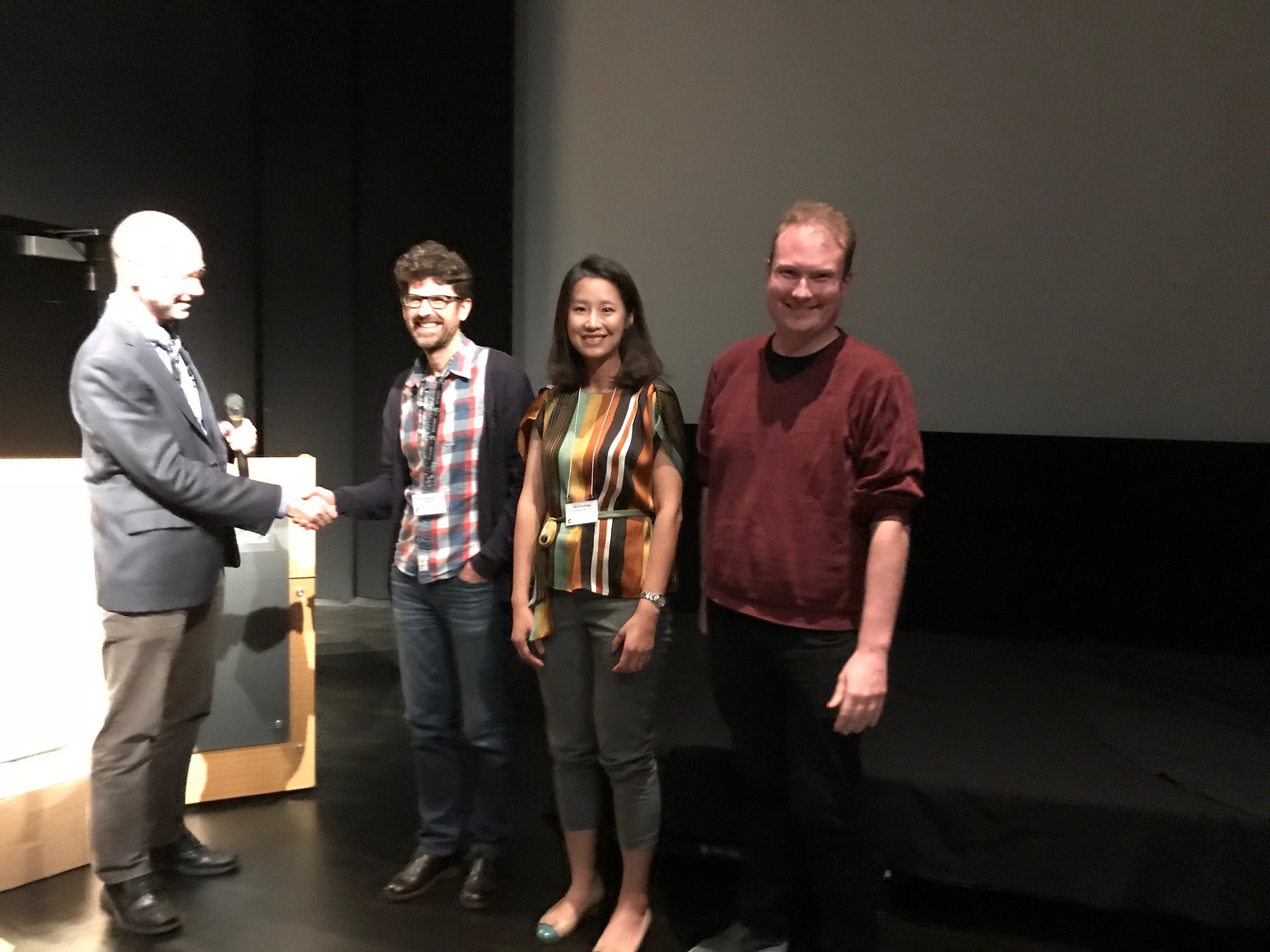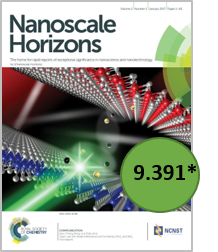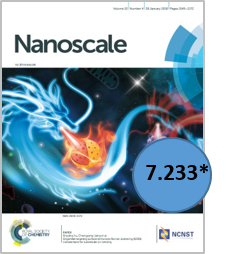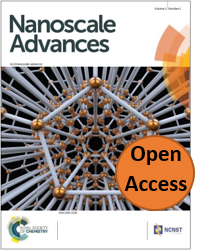Here’s a quick update on the nanoscale journal family to let you know how we are doing and what to look out for later in 2019.
Following our first (partial) impact factor last year, we are pleased to announce that our first full impact factor is 9.095*!
Other news from 2019:
- Alongside Materials Horizons (impact factor 14.356*), we awarded the first Horizons Outstanding Paper Prizes. These awards will be presented annually.
- New Scientific Editors: Yves Dufrêne, Anna Fontcuberta i Morral, and Zhiyong Tang
- Post-publication online article collections:
- Most popular articles published so far in 2019
- Horizons Community Board collection: Nanobiomedicine
- Horizons Community Board collection: Emerging 2D materials for energy and electronics applications
We are celebrating our 10th Anniversary this year!
Look out for our celebrations at ChinaNANO 2019. In the meantime, why not have a read of these collections highlighting the most highly cited articles published in Nanoscale since we launched in 2009, as well as recent articles by some of our most prolific authors.
Other news from 2019:
- Our latest impact factor is 6.970*.
- Chunying Chen, Dong Ha Kim, and Umesh Waghmare were appointed as Associate Editors.
- We’ve been publishing guest edited online themed collections:
- Halide Perovskite Nanocrystals, guest edited by Lakshminarayana Polavarapu, Qiao Zhang, and Roman Krahne.
- Nanocarbons, guest edited by Nianjun Yang, Dai-Wen Pang, and Yasuaki Einaga.
- Still to come…10th Anniversary Special Issue in October 2019, guest edited by Chunli Bai, Markus Niederberger, Francesco Stellacci, and Dirk Guldi.
We’ve published our first issues and we are delighted to see such a great response from the community. Thank you for supporting the Royal Society of Chemistry’s first journal to be Gold Open Access from launch!
Other news from 2019:
- We’ve collated the Most Popular Articles published in the journal so far in an online article collection.
- The journal has been accepted into the Directory of Open Access Journals (DOAJ), and has also been accepted for inclusion in Scopus and the Emerging Sources Index in Web of Science, Clarivate Analytics.
Come and meet us
Members of the Editorial Team will be attending the following conferences in the coming months. Get in touch if you want to arrange a meeting, or just come over and say hello! You can also keep up to date on where the Editorial Team and our Associate Editors will be by following us on Twitter.
- RSC Chemical Nanoscience & Nanotechnology Group Annual Meeting, 22 July 2019, University of East Anglia, UK.
- 14th International conference on materials chemistry (MC14), 8 – 11 July 2019, Birmingham, UK.
- We will be hosting the RSC Nanoscale Journals Symposium at ChinaNANO, 17 – 19 August 2019, NCNST, China
- 5th International Conference on Perovskite Solar Cells and Optoelectronics (PSCO 2019), 30 September – 2 October 2019, Lausanne, Switzerland.
Get in touch if you have any feedback on the nanoscale journal family: we would love to hear from you so email us at nanoscale-rsc@rsc.org.




